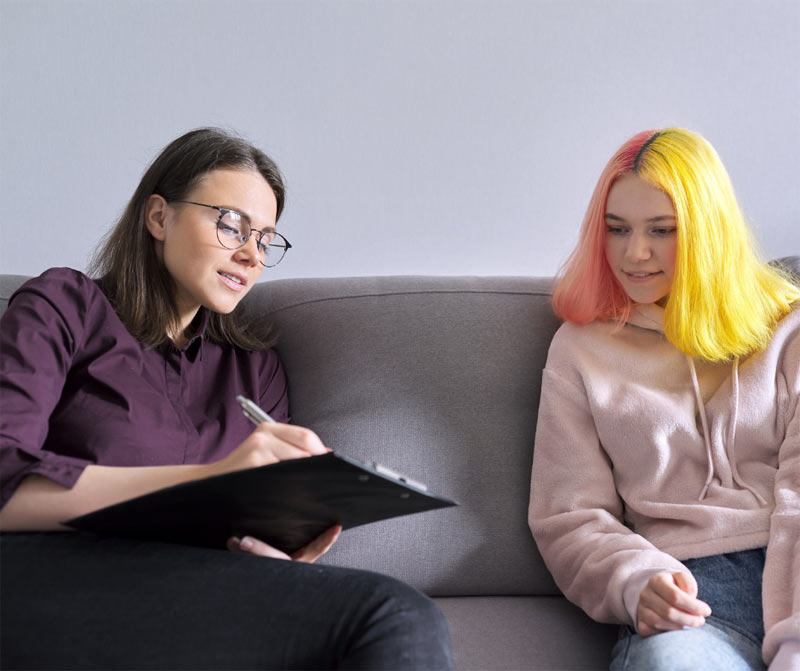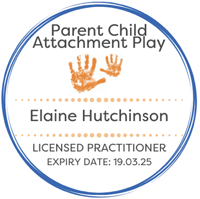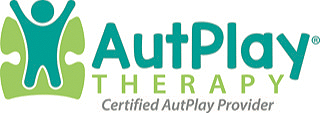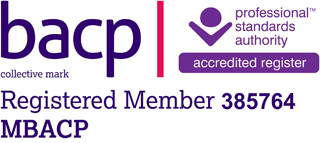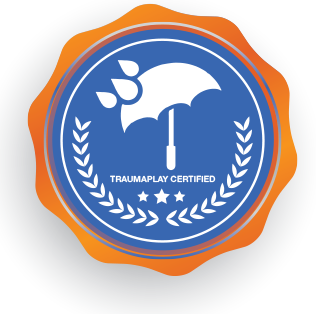43 questions to ask your therapist or counsellor before starting working with them
I’ve generally referred to therapists in this article, just for ease of reading, but the same will apply to counsellors too. Using both terms throughout would make for a clumsy read.
Therapy is all about the therapeutic relationship between the client and the therapist. Your child or teen needs to like the therapist you choose together and believe they can trust them as they get to know them. Most therapists will offer you a chance to chat things through over the phone ahead of committing to working with them.
Ideally, they should also offer a time to meet face to face too so you and your child or teen can meet them in person, see where they hold sessions, ask the questions you need to and get a feel for the whole experience.
You may have found the therapist via their website or personal recommendation, or even through an advert or a therapist website. All of these will tell you quite a lot about the therapist, but there is nothing like asking questions to expand on what you already know about them and it’s also a useful test of how receptive the therapist will be.
Make sure you understand the level qualification the therapist has obtained and what this means. Many level 3 qualifications in therapy and counselling can be obtained online without ever working with clients or being supervised by a qualified supervisor. Level 5 is equivalent to a foundation degree, HND or DipHE. Level 6 is equivalent to a Batchelor’s degree or graduate certificates or diplomas. Level 7 is equivalent to a Master’s degree or post graduated certificates and diplomas. Level 8 is a Doctorate or PhD. If you want someone with a wide range of experience who is appropriately qualified and supervised, I would recommend looking for BACP and PTUK or BAPT qualifications, but there are others.
Also ensure the therapist has specialisms relevant to the age and stage of your child or teen. There are lots of great adult therapists, but they will be talking therapy based and this is often not appropriate for a child or a teen.
Here are some questions to consider. I don’t suggest asking every single one but ask a range of questions and enough about the things that really matter to you to get a feeling if your therapist is a right fit for your child or teen. If you can, involve your child or teen in asking questions and making the decision too – after all they are the one that will be working with the therapist!
Therapist and counsellor based questions:

Any good therapist or counsellor will continue to receive clinical supervision and undertake regular CPD throughout their career.
- Are you a therapist or a counsellor?
- How long have you been practicing?
- How many post qualification hours do you have?
- What was your background before you became a therapist?
- Are you a specialist child or adolescent therapist?
- What qualifications do you have?
- Where and how did you obtain your qualifications?
- Which professional organisations do you belong to?
- What CPD have you undertaken in the last 6 months?
- What modality do you use in sessions? (This means the way the therapist will work with a client e.g. client-centred, humanistic, Rogerian, Freudian, CBT, DBT, EMDR etc. All are very different.)
- How often are you supervised and who by?
- What led you to train as a therapist?
- What are your policies around fees, payment, cancellation, holidays, COVID-19 etc.
- Do you offer concession rates?
- Do you offer face to face, telehealth (Zoom etc.) or both?
- Do you have insurance, DBS and first aid qualifications?
- How can I contact you between sessions?
- How often do you do a client review?
- What if I need a report for another professional?
- Do you liaise with other professionals and/or attend meetings?
- What will you do if a concern is raised in session (e.g. safeguarding)?
Client based questions:
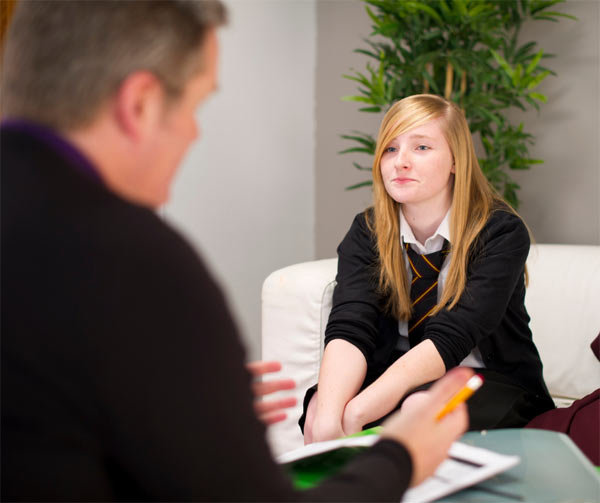
- How much experience do you have in the issues and concerns that have brought my child or teen to therapy?
- What therapeutic approaches do you use and are they right for my child/teen’s issues?
- How client-centred can you be?
- How would you adapt your approach if the needs of my child, teen or family change?
- My child has a medical diagnosis and/or additional needs – how can you support them and adapt to their needs?
- Do you work one to one, offer a family approach or use a blend of methodologies (ways of working) that are responsive to the needs of my child/teen?
- What would be your suggested way forward for working with my child/teen?
- Have you worked with other clients who have similar issues/background to my child
- When was the last time you worked with a child or teen like my child?
- What if my child or teen wants to leave sessions early?
- What if my child or teen doesn’t want to come to therapy or wants to end?
- How can you help me support my child or teen outside of sessions?
Therapy session based questions:
- How long will therapy last?
- How long will sessions last and what will they be like?
- How often are sessions?
- What can my child or teen do/not do in sessions?
- What are your boundaries/rules around sessions?
- Can I come into sessions if my child or teen wants me to?
- How much will you tell me about sessions and when?
- What about flexibility for school trips, illness, holidays etc.?
- Do you need me to stay on site during sessions and if so, where can I wait?
- What does a ‘typical’ client journey look like through therapy?
If you are reading this article and thinking of coming to see me about support for your child or teen – feel free to ask me any or all of these questions plus any others you may have! I am always ready to chat, be quizzed or explain how I work. Therapy is a journey we will all be going on together and it is really important you feel confident in choosing me to support your child.

